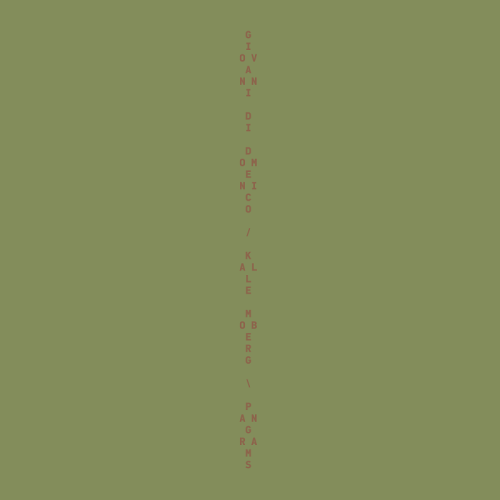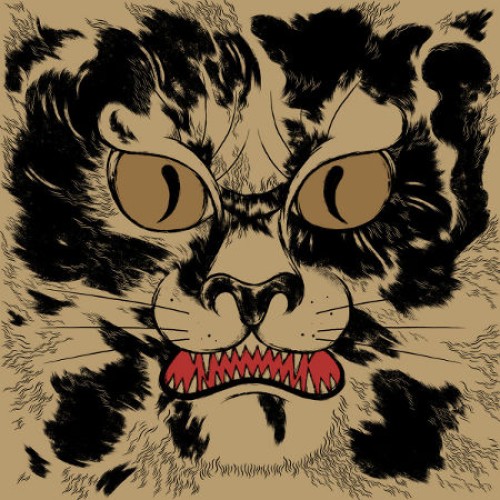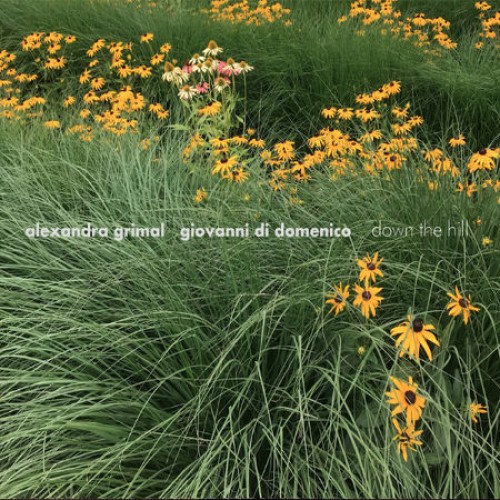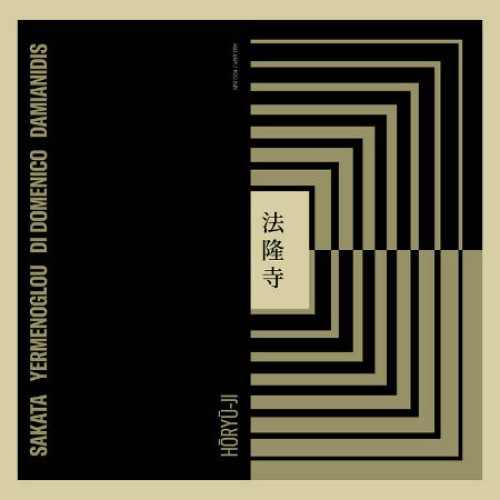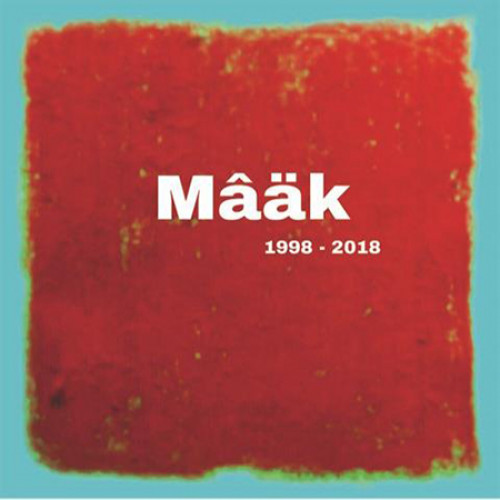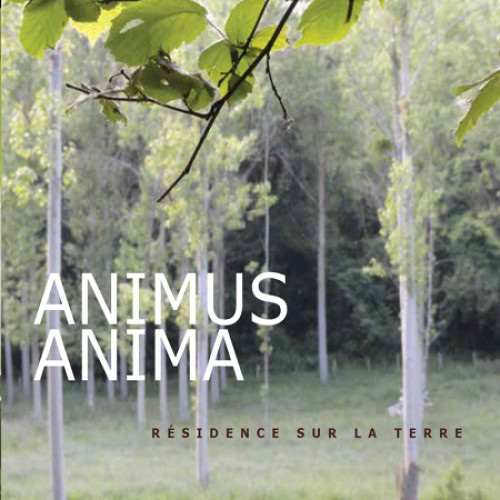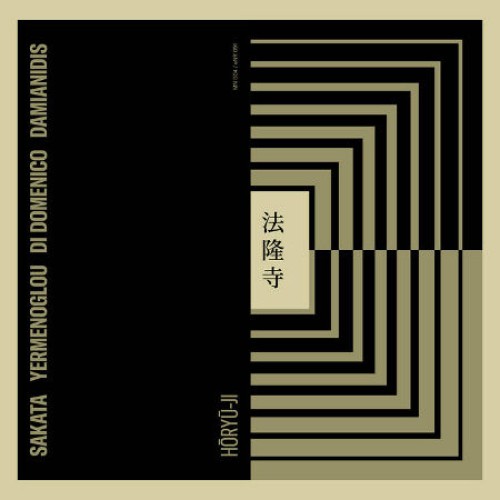—— One could argue that Giovanni, self-taught until the age of 24, inherited – in philosophy, politics and artistically – the most benign and affirmative traits of that period, diversifying his action in the context of a recently unified Europe, promoting improbable connections, exploring varied geographies, comfortably manoeuvring aesthetical fringes and making a commitment to live performance at its most liberating and engaging. Surprisingly, the path that lead him to that point had an unexpected detour: following his father's consecutive assignments as a civil engineer he actually lived out his first decade in Africa – until he was five in Libya, from then until his eight anniversary in the Cameroons and until ten in Algeria. His far off native country was not synonymous with civil unrest as much as with opera, whose arias he would memorize with his siblings in order to practice the language and provide some family entertainment. The condition of expatriate had a strong influence in his education – he clearly remembers the calls of the muezzin, the sound of exotic musical instruments in local markets, the ritualistic expression music took in the streets of Yaoundé, or the songs he heard from his nanny in the Cameroons.
When he finally enrolled in music school – majoring in ‘jazz piano'- he further built on an encyclopedic technique; rhythm, harmony and tone are informed by non-western traditions yet equally sensitive to Debussy's "Préludes", Luciano Berio's "Sequenzas", to the ‘ambi-ideation' heard in Borah Bergman's Soul Note recordings, Cecil Taylor's polissemic density, Paul Bley's bruised transparency and of course, the most radical manifestations stemming from the underworld of pop music, invariably tied together by his own original praxis. A distinction – one would call it generational – he shares with many of the musicians he has crossed paths with recently, artists as different as Chris Corsano, Jim O'Rourke, Akira Sakata, Tetuzi Akiyama, Keiji Haino, Eiko Ishibashi, Joe Talia, Okkyung Lee, Balasz Pandi, Nate Wooley, Yan Jun, John Edwards, Darin Gray, Roger Turner, Steve Noble, DJ Sniff, Terrie Ex, David Maranha, Manuel Mota, Arve Henriksen, Norberto Lobo, Peter Jacquemyn, Alexandra Grimal, John Duncan, Tony Allen, Rafael Toral or Toshimaru Nakamura. Di Domenico has founded his own label, Silent Water, home of an eclectic and occasionally unclassifiable production. He currently lives in Brussels.


